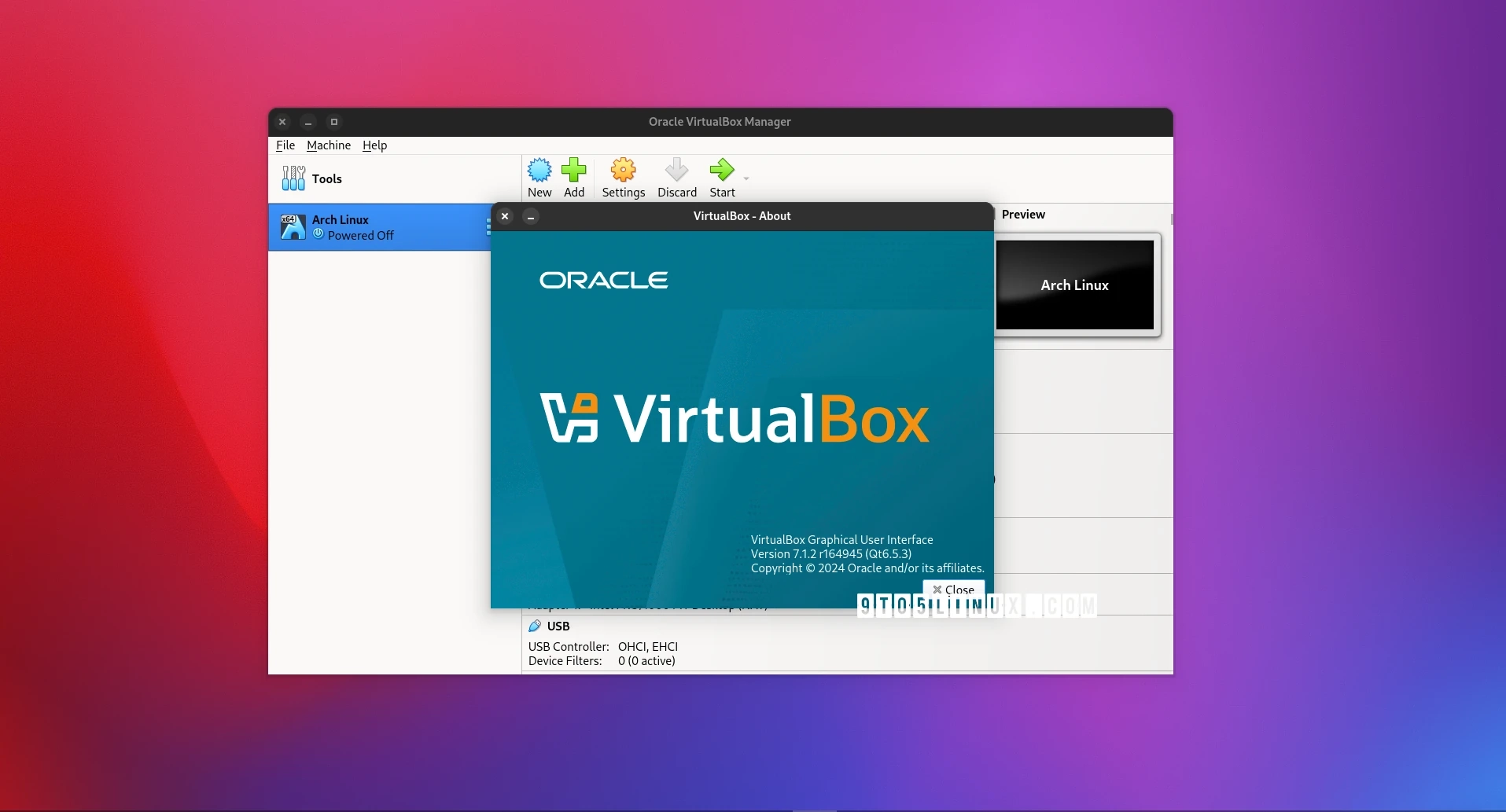Oracle has unveiled VirtualBox 7.1.2, marking the first maintenance update to the latest 7.1 series of this robust, free, open-source, and cross-platform virtualization software compatible with Linux, macOS, Solaris, and Windows.
The release of VirtualBox 7.1.2 comes just three weeks after the launch of VirtualBox 7.1. This update addresses several GUI concerns, particularly related to the new multi-window layout and language translations. It also resolves an issue where virtual machines created using the Unattended Install feature were not being removed properly. Additionally, an option to modify the remote display security method in the GUI has been introduced.
This update enhances 3D support by rectifying the activation of 3D acceleration in virtual machine settings and resolving rendering issues linked to incorrect view handling, as well as addressing a black screen bug affecting virtual machines operating on Windows. Furthermore, VirtualBox 7.1.2 allows for the activation of the 3D acceleration feature for virtual machines on ARM platforms.
Moreover, this release resolves a problem where the NVRAM state was improperly managed on legacy BIOS machines, ensuring that it is deleted when a virtual machine is removed. It also fixes the query for the UEFI Secure Boot state when the virtual machine has not been launched and corrects an error message that appeared during the automatic upgrade for Guest Additions.
“`html
Also fixed are some DHCP problems reported by users with certain guest machines when the domain is left empty, a problem with loading the saved state created by VirtualBox 7.0.x, and two bugs affecting the virtual machine performance on Windows hosts. The building code has been improved when using the XPCOM bindings.
Check out the changelog for more details about the changes implemented in VirtualBox 7.1.2, which you can download from the official website as ready-to-use binaries for various popular GNU/Linux distributions like Debian GNU/Linux, Fedora Linux, Ubuntu, openSUSE, and Oracle Linux, as well as a universal binary for other distros.
Last updated 5 hours ago
“`
